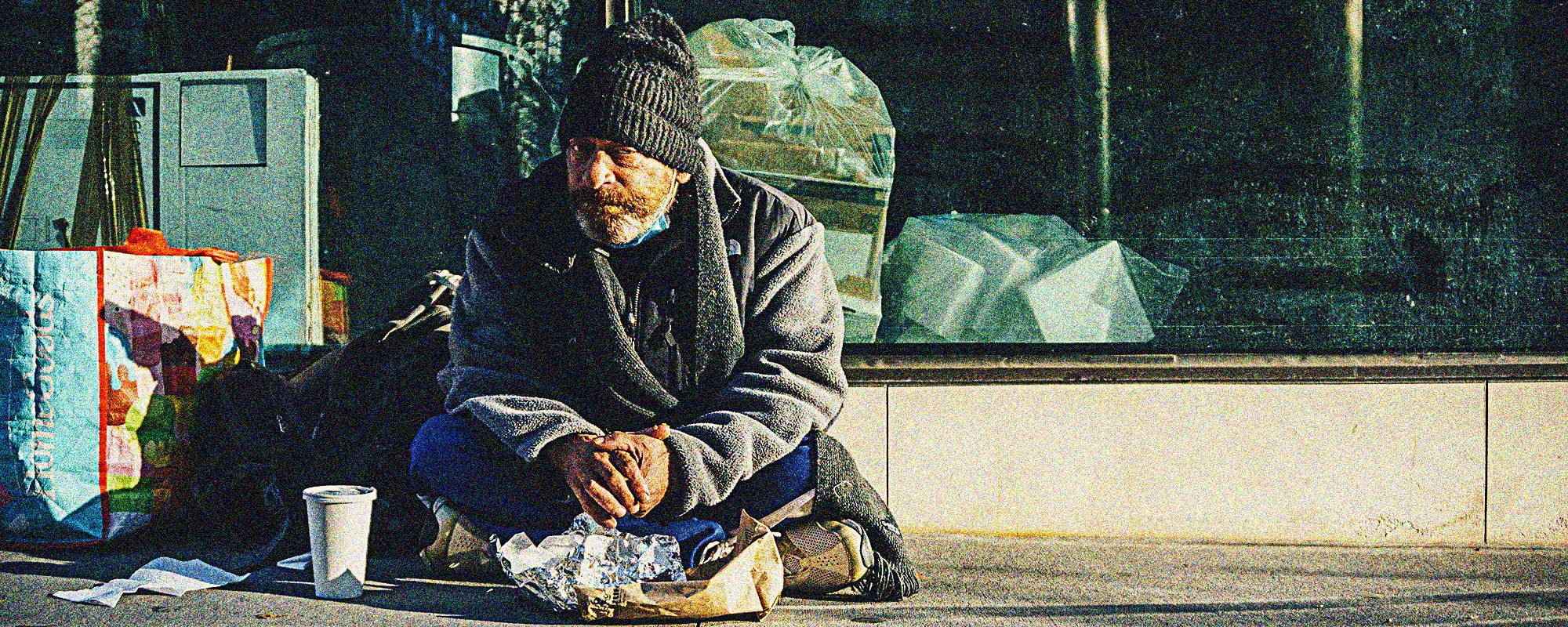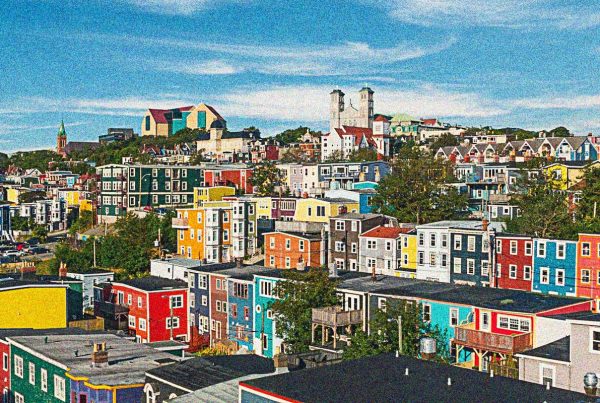TORONTO — The Ontario Superior Court of Justice has found that the Safe Streets Act violates the Charter freedoms of unhoused people living in poverty.
The Canadian Civil Liberties Association (CCLA) in a constitutional challenge to a decades old law argued that sections of the Safe Streets Act prohibiting individuals from seeking donations in public places restricts their freedom of expression and safety.
The Court agreed, and in doing so restricted the law’s overbroad definitions of “aggressive” panhandling and soliciting. The Court’s ruling is a significant victory in the decades long legal challenge waged by CCLA against the Safe Streets Act’s limits on the ability of poor people to ask for help from their fellow citizens.
“This decision affirms that The Safe Streets Act is an unconstitutional restriction of the freedom of unhoused and low-income people who seek donations from the public in order to survive and live with dignity,” said Harini Sivalingam, Director of the Equality Program at the Canadian Civil Liberties Association (CCLA), an intervenor in the case.
CCLA is grateful to pro bono legal counsel Frank Addario and Rebecca Amoah of Addario Law Group LLP, for their representation in this case.
The CCLA is an independent, non-profit organization with supporters from across the country. Founded in 1964, the CCLA is a national human rights organization committed to defending the rights, dignity, safety, and freedoms of all people in Canada.
About the Canadian Civil Liberties Association
The CCLA is an independent, non-profit organization with supporters from across the country. Founded in 1964, the CCLA is a national human rights organization committed to defending the rights, dignity, safety, and freedoms of all people in Canada.
For the Media
For further comments, please contact us at media@ccla.org.





